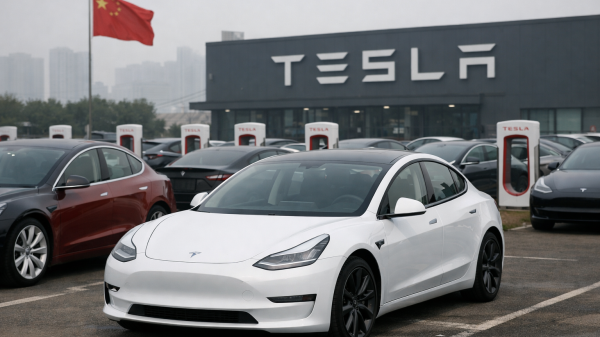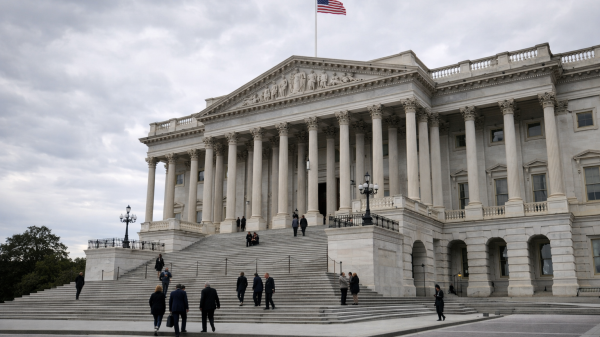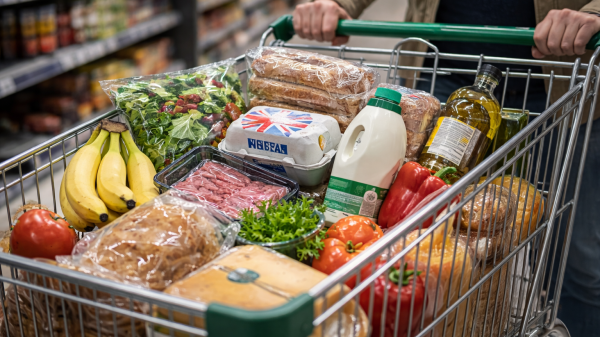The UK’s inflation rate unexpectedly surged to 3% in January, surpassing analyst expectations and raising concerns about the pace of future interest rate cuts.
Data from the Office for National Statistics (ONS) on Wednesday showed a sharp rise from December’s 2.5% inflation, driven by higher transport and food costs.
The increase complicates the Bank of England’s (BoE) plans to ease monetary policy, as policymakers weigh inflationary pressures against sluggish economic growth.
Economists polled by Reuters had anticipated a lower reading of 2.8% for January.
Core inflation, which excludes volatile food, energy, alcohol, and tobacco prices, rose to 3.7% from 3.2% in December—marking its highest level since April 2024.
The core services inflation rate also climbed from 4.4% to 5.0%, signaling persistent cost pressures in the economy.
The ONS highlighted that transport and food prices contributed the most to the monthly inflation increase, while housing and household services helped offset some of the upward pressure.
Despite the inflation spike, the British pound remained stable against the US dollar, trading at $1.2615 following the data release.
Government and BoE face policy challenges
Responding to the inflation data, UK Chancellor Rachel Reeves emphasized that economic growth and increasing disposable income remain key priorities.
However, she acknowledged that “millions of families are still struggling to make ends meet” amid rising living costs.
The latest inflation figures add complexity to the BoE’s monetary policy outlook.
Earlier in February, the central bank implemented its first interest rate cut of the year, lowering the benchmark rate to 4.5% amid slowing inflation and weak economic activity.
While policymakers have signaled further rate reductions, they also warned that rising global energy costs and regulatory price adjustments could push headline inflation to 3.7% by the third quarter of 2025.
The BoE maintains its long-term forecast of inflation returning to the 2% target by 2027.
BoE slashes UK growth forecast for 2025
Alongside its inflation projections, the BoE slashed its UK economic growth forecast for 2025 from 1.5% to 0.75%, citing weaker-than-expected consumer spending and external risks.
The downward revision suggests that while inflation remains a concern, the central bank must also navigate slowing economic momentum.
With inflationary pressures persisting, investors and policymakers will closely watch upcoming data releases to assess the timing of further interest rate cuts.
For now, the sharp rise in January inflation adds another layer of uncertainty to the UK’s economic trajectory.
The post UK inflation rises to 3% in January on higher transport and food costs appeared first on Invezz




































